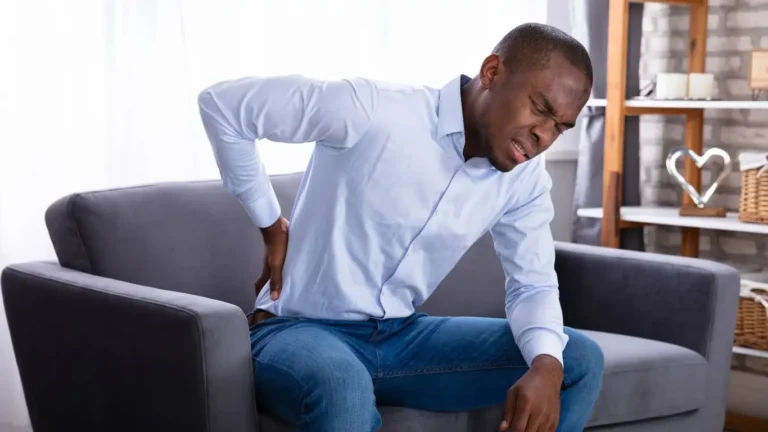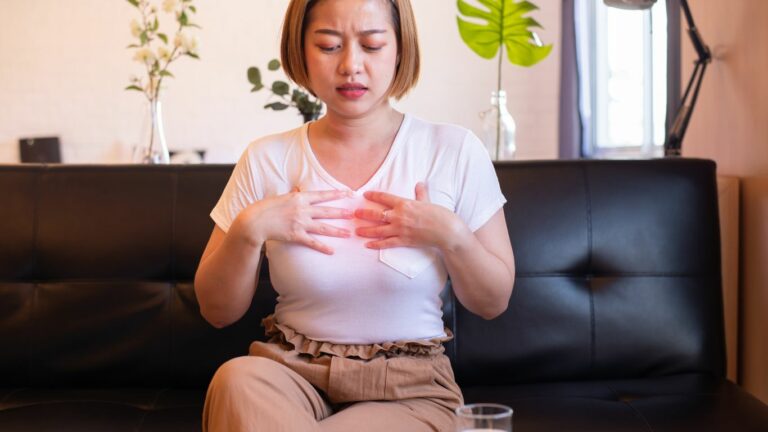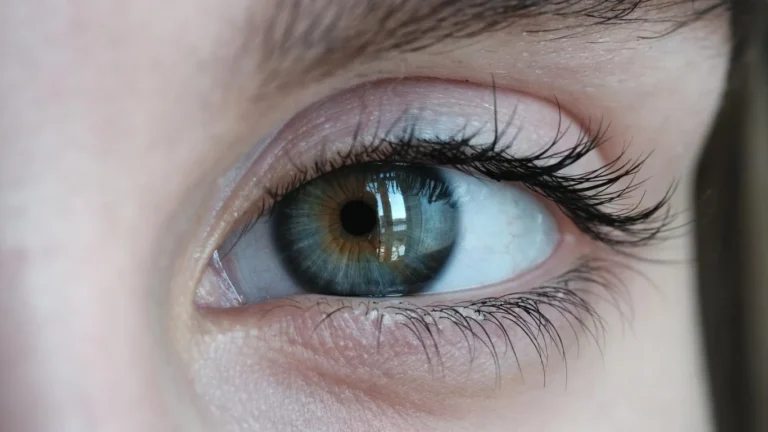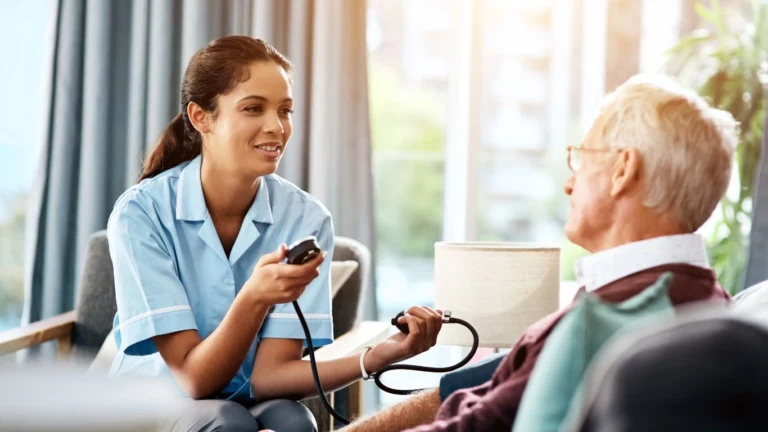Can Dehydration Cause Blood Pressure Spikes? Essential Facts Revealed
If you’ve ever asked yourself, can dehydration cause blood pressure spikes?, you’re definitely not alone. I’ve had countless patients come in with unexpected hypertension, and after a bit of digging, it turns out they just weren’t drinking enough water. Yep—something as simple as not staying hydrated can send your blood pressure on a rollercoaster. As a physician who deals with hypertension day in and day out, I can tell you this: hydration is often overlooked, and it shouldn’t be. Let’s break it down and talk about why your water bottle might be just as important as your blood pressure meds.
How Dehydration Affects Blood Pressure

When you’re dehydrated, your body goes into conservation mode. That means it starts pulling water from cells and tissues to keep vital functions going—like blood flow to your brain and heart. But here’s the kicker: when the total volume of fluid in your bloodstream drops, your vessels respond by constricting. And guess what? That narrowing of the vessels can actually increase your blood pressure.
In clinic, I’ve seen patients come in dizzy, lightheaded, and with elevated systolic readings. They’re often surprised when I tell them, “You need to hydrate more.” Their reaction is always the same—“I didn’t know dehydration could do that.”
Why the Body Reacts This Way
Your kidneys and adrenal glands are heavily involved here. When they detect lower fluid levels, they release hormones like renin and aldosterone. These little messengers signal the body to retain sodium and constrict blood vessels—both of which can cause blood pressure to rise. It’s like your body’s built-in emergency plan, but if you’re constantly dehydrated, that emergency mode becomes your new normal. Not great for long-term cardiovascular health.
Real-Life Example from the Clinic

Let me share a quick story. I had a patient, let’s call him John, who was managing his hypertension pretty well—diet, meds, the whole nine yards. Then suddenly, his BP readings started creeping up. No changes in his lifestyle or meds. What had changed? Summer hit. He was sweating more, not increasing his fluid intake, and wasn’t even aware he was dehydrated. Once we boosted his water consumption, things stabilized again.
What’s wild is how often this happens, especially in warmer climates or in older adults whose sense of thirst is naturally diminished. Dehydration doesn’t always show up as thirst. Sometimes it shows up as your blood pressure climbing up for no apparent reason.
Common Signs You’re Dehydrated (That Aren’t Thirst)
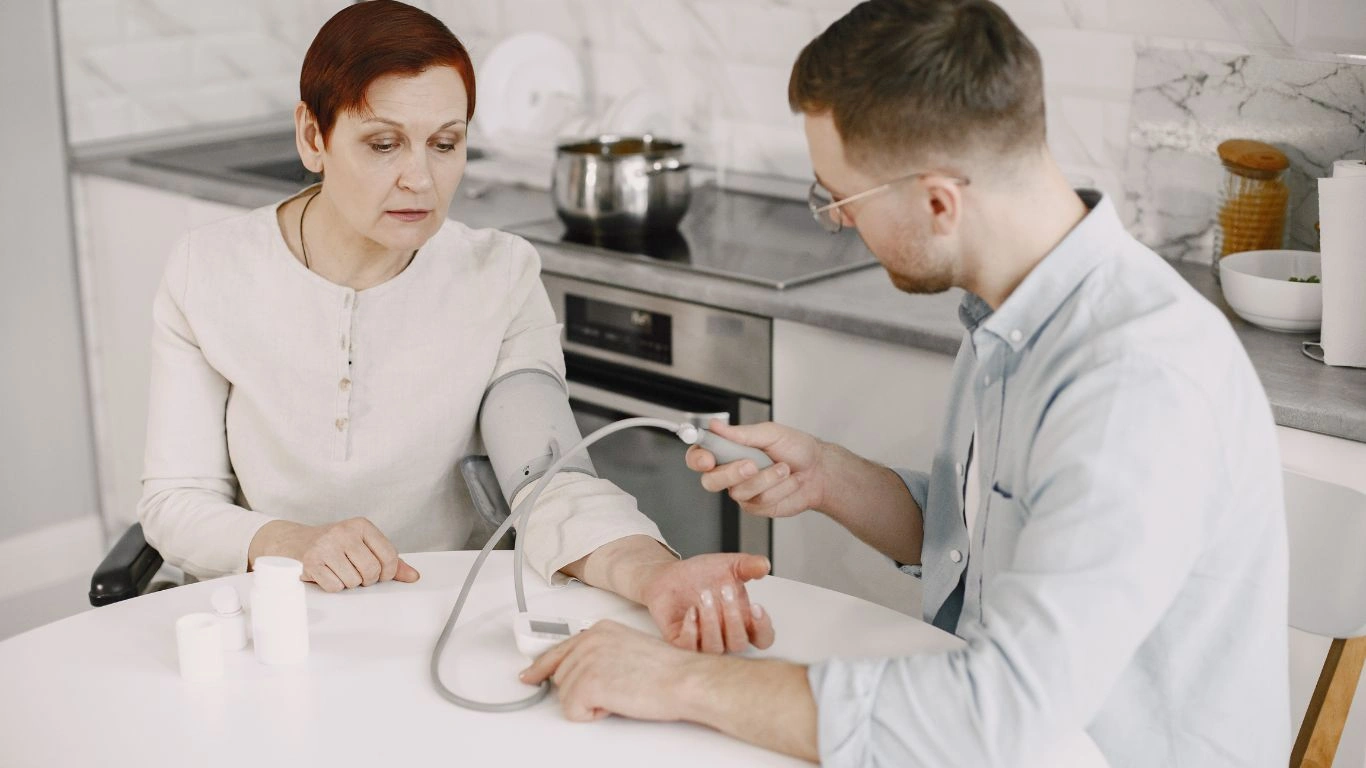
- Dry mouth or lips
- Headaches or migraines
- Darker-than-usual urine
- Fatigue or sluggishness
- Muscle cramps
- Dizziness or lightheadedness
- Rapid heartbeat
Funny enough, one of the earliest symptoms I hear from my hypertensive patients isn’t thirst—it’s “I’ve been feeling off lately”. Sometimes it’s dizziness. Other times it’s just that their BP monitor at home is throwing them weird numbers. If that sounds familiar, it might be time to reach for a glass of water before your next pill.
Who’s Most at Risk for Dehydration-Related BP Spikes?
- Older adults: Natural reduction in thirst signals and often on diuretics.
- People taking antihypertensives: Especially those on ACE inhibitors or diuretics, which increase fluid loss.
- Athletes or outdoor workers: High sweat rates without matching hydration.
- Anyone in hot climates: You’d be surprised how fast you can dehydrate just being out and about in the summer.
From what I’ve seen, most people don’t even realize they’re dehydrated until their body starts waving red flags. And by then? Their blood pressure might already be spiking. So the question isn’t just “Can dehydration cause blood pressure spikes?”—the real question is, “Are you hydrated enough to keep your blood pressure stable?”
Simple Hydration Strategies to Keep Your Blood Pressure Steady
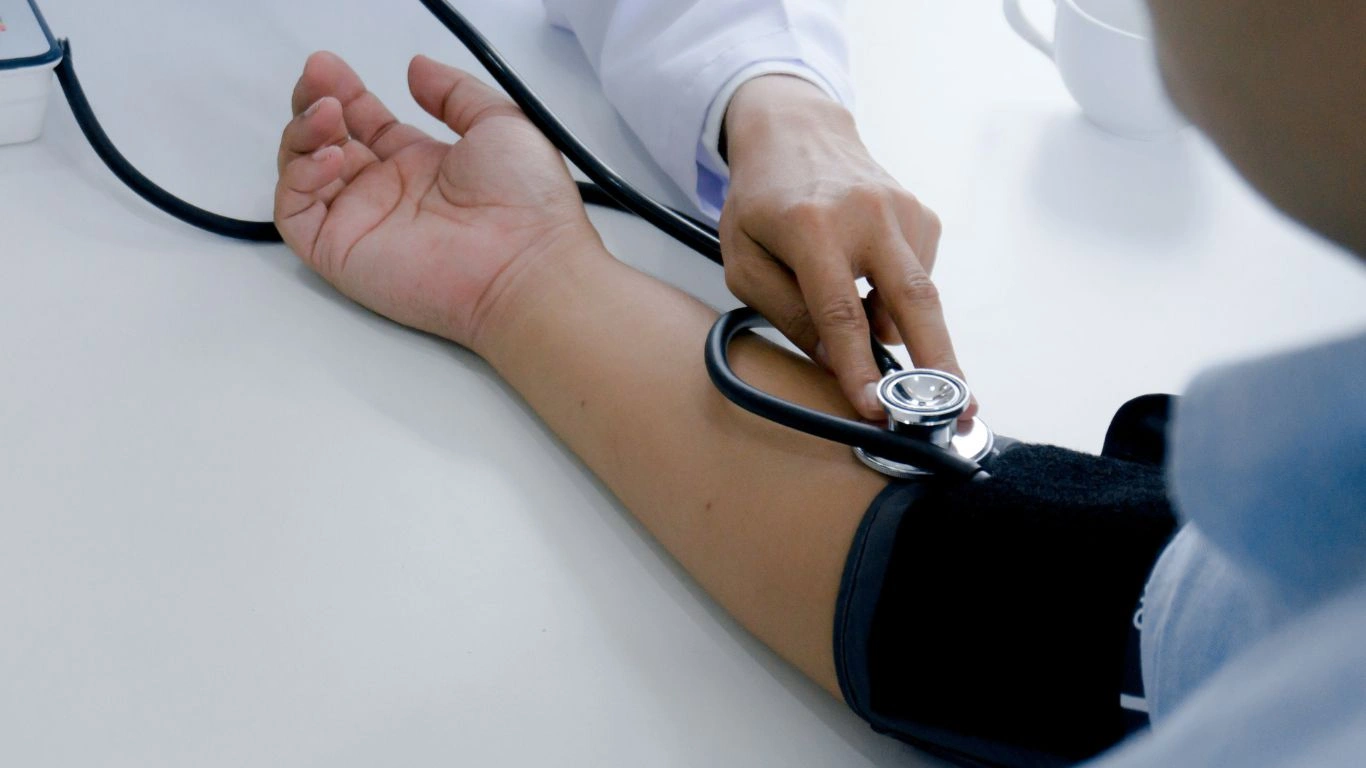
So now that we know dehydration can cause blood pressure spikes, let’s talk about how to stay ahead of it. I often tell my patients, “Don’t wait until you’re thirsty to drink water. By then, you’re already behind.” Your body is subtle with its signals, especially when you’re busy or distracted. Here’s how to make hydration a daily habit without turning it into a chore.
Hydration Hacks I Recommend in the Clinic
- Start your morning with water. Before that first cup of coffee, drink 8–12 oz of water to rehydrate after sleep.
- Set hydration reminders. A simple alarm every couple hours works wonders, especially for my patients on diuretics.
- Use a refillable water bottle you actually like. Sounds silly, but you’re more likely to sip all day if it’s convenient and with you.
- Eat your fluids. Water-rich foods like cucumbers, oranges, and melons can contribute to your daily intake.
- Track your urine color. If it’s dark yellow, time to drink more. Pale straw color is the goal.
Honestly, one of my patients told me she started using a water bottle with time stamps on the side—“drink this much by 10 AM,” etc.—and it changed the game for her. Blood pressure stabilized. Less fatigue. Even her sleep improved. Hydration affects more than just BP, after all.
Why Certain People Need to Be Extra Vigilant About Dehydration
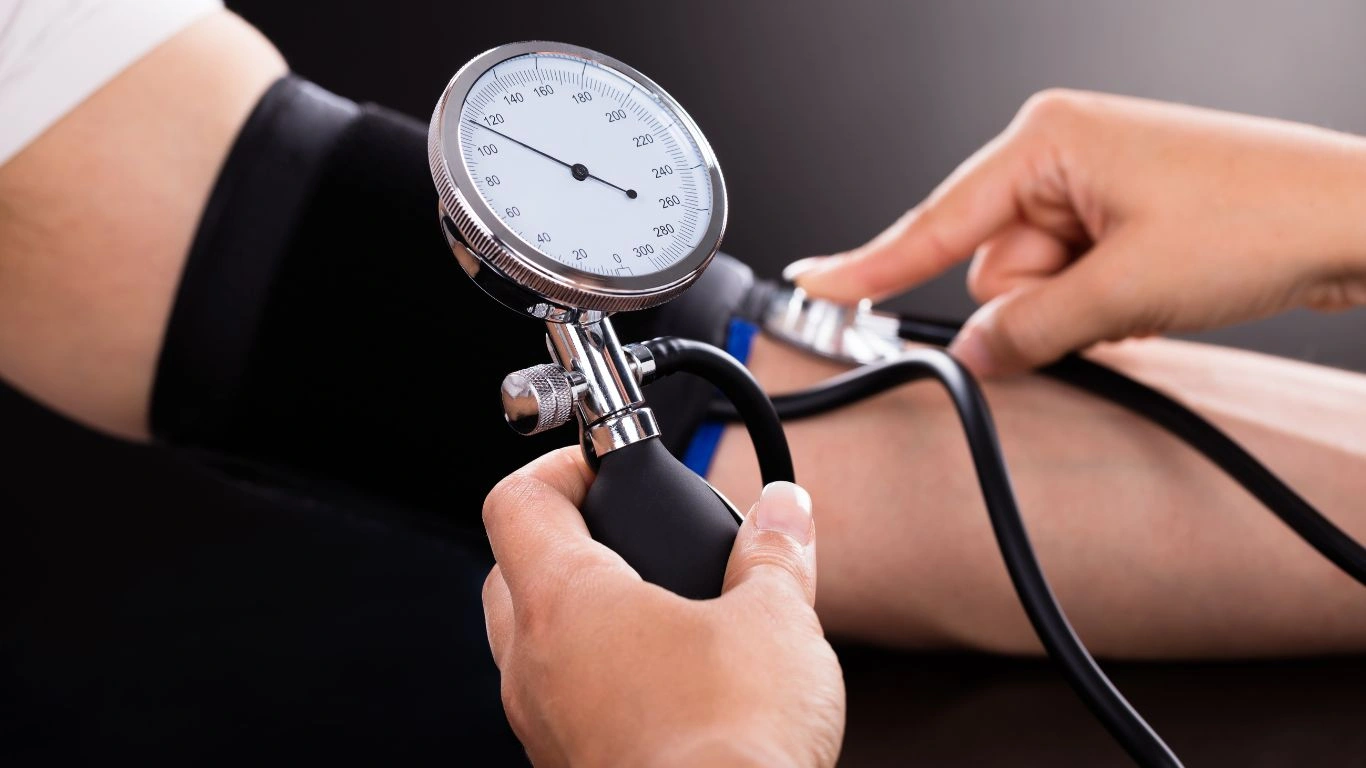
As an internist, I keep a close eye on patients in higher-risk categories. These folks tend to underestimate their fluid needs or overestimate how hydrated they are. Let me walk you through some of the common types of patients I counsel regularly:
People on Diuretics
This is a big one. If you’re on meds like hydrochlorothiazide or furosemide, you’re literally losing fluid through increased urination. It’s like wringing out a sponge. The risk? You get dehydrated fast. I always advise these patients to balance the fluid loss with intentional hydration. You don’t want to end up dizzy, hypotensive, or with reactive hypertension.
Older Adults
As we age, our sensation of thirst fades. I’ve seen seniors come into the clinic confused, fatigued, and with spiked BP—all because they hadn’t had more than a cup of tea all day. For my older patients, I recommend scheduled hydration, especially between meals and medications. It’s less about drinking when you’re thirsty and more about being proactive.
Folks in Hot, Humid Climates
Living in a place where you break a sweat just walking to the mailbox? Hydration needs go way up. The sweat loss leads to lower blood volume, and again, can dehydration cause blood pressure spikes? Absolutely. You’re losing electrolytes too, which adds another layer of complexity.
Electrolytes: The Missing Piece in the Hydration Puzzle

Here’s something I always stress to my patients: hydration isn’t just about water—it’s also about electrolytes. Sodium, potassium, and magnesium play crucial roles in blood pressure regulation. If you’re drinking tons of plain water but not replacing electrolytes, you could end up in a state of relative imbalance, which ironically might also lead to elevated BP in some individuals.
For example, I had a patient training for a marathon. She was drinking plenty of water but still experiencing blood pressure swings and cramping. Once we added a low-sugar electrolyte solution into her daily routine, her symptoms improved dramatically. Her BP evened out, and her energy came back.
Best Sources of Electrolytes
- Coconut water (unsweetened)
- Bananas (great potassium source)
- Spinach and leafy greens
- Magnesium-rich seeds like pumpkin or chia
- Low-sodium electrolyte tablets (for those with dietary sodium restrictions)
But a word of caution here: not everyone needs to run out and buy electrolyte powders. If you’re eating a balanced diet and only moderately active, water is usually enough. But if you’re sweating a lot, on certain meds, or dealing with ongoing hypertension issues, a tailored approach matters. That’s where your healthcare provider (hi, that’s me!) comes in.
Is Your Hydration Routine Working? Here’s How to Tell
One of my favorite ways to check hydration status (besides urine color) is the “skin pinch test.” Try gently pinching the skin on the back of your hand—if it snaps back quickly, you’re likely well hydrated. If it stays tented or slow to return? Time for fluids.
Also, keep an eye on:
- Your BP readings—especially if they vary wildly throughout the day
- Morning dizziness or headaches
- Dry eyes or dry mouth
- Changes in energy and mood
When I work with patients managing chronic hypertension, I always tell them to bring a hydration log alongside their BP log. You’d be amazed how much clarity that offers. I’ve caught more than a few hidden patterns just by comparing fluid intake with pressure trends.
Debunking Hydration Myths That Could Be Affecting Your Blood Pressure
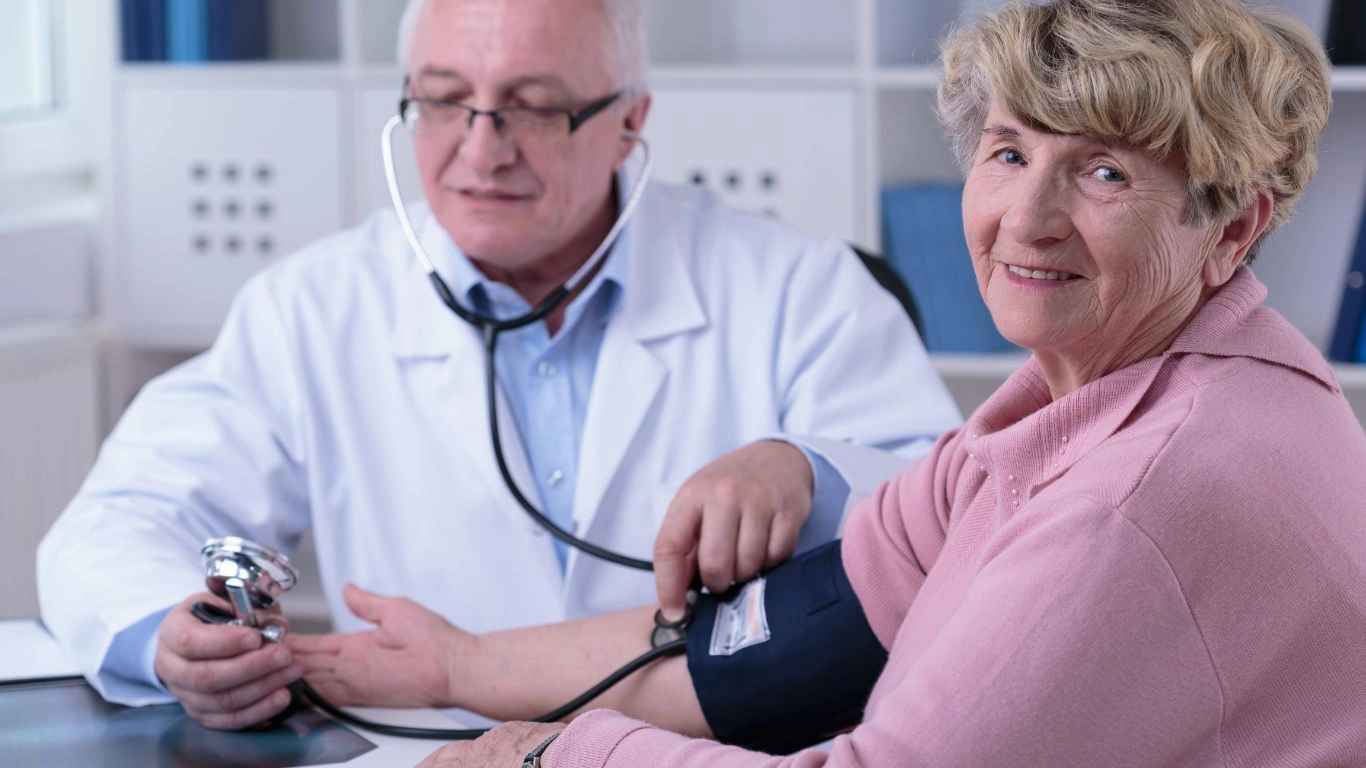
By now, you probably get that hydration matters a lot for blood pressure. But there are plenty of myths floating around that can confuse even the most health-conscious among us. I’ve had patients come in convinced that gulping gallons of water will magically cure their hypertension or that only “special” waters count. Let’s clear the air.
Myth 1: You Can Drink Unlimited Water and It’s Always Good
Not true. Drinking excessive amounts of water, especially in a short time, can lead to a dangerous condition called hyponatremia, where your sodium levels drop too low. This can actually worsen blood pressure regulation and cause symptoms like headaches, confusion, and even seizures. Moderation and balance are key, and this is where personalized advice really shines.
Myth 2: Coffee and Tea Dehydrate You
I hear this all the time. The truth? While caffeine does have a mild diuretic effect, regular coffee and tea drinkers develop a tolerance, so these beverages actually contribute to your daily fluid intake. I always tell my patients, “If you enjoy your morning cup of joe, go ahead and savor it—but don’t rely on it as your only source of hydration.”
Myth 3: Drinking Water Only Matters When You’re Thirsty
This one is especially dangerous for those managing hypertension. Thirst is a late signal. By the time you feel thirsty, your body is already slightly dehydrated. I emphasize this point to my patients because proactively drinking water can help prevent those sudden blood pressure spikes we talked about earlier.
Hidden Dehydrators: Things That Sneakily Raise Your Blood Pressure
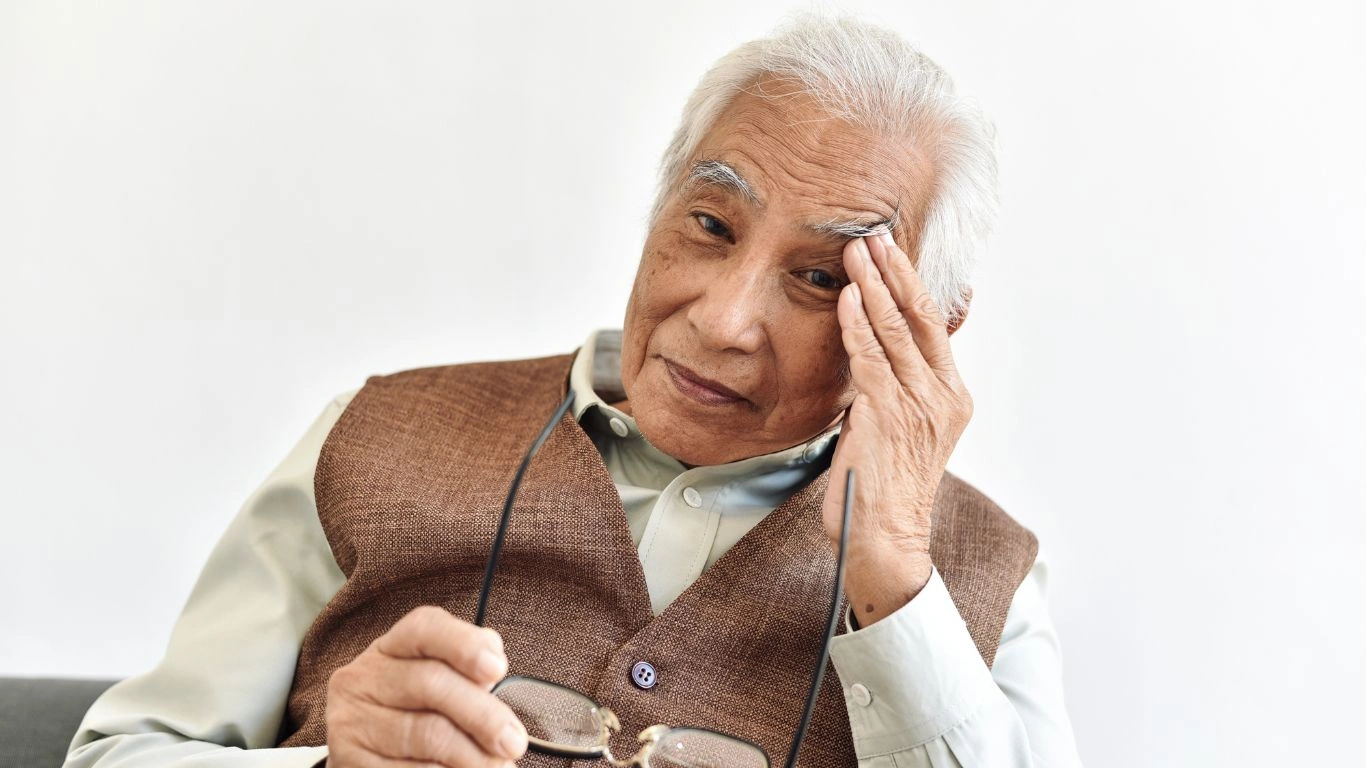
Besides not drinking enough water, some less obvious factors can cause dehydration or mimic its effects on blood pressure. Here’s a quick rundown from my clinical experience:
Medications That Increase Fluid Loss
Besides diuretics, some asthma inhalers, certain antidepressants, and even NSAIDs (like ibuprofen) can influence your hydration status. If you’re on multiple medications, it’s worth chatting with your doctor or pharmacist about how they might affect your fluid balance and blood pressure.
Alcohol Consumption
Alcohol is a notorious dehydrator. It not only makes you lose water but also interferes with your body’s ability to regulate blood pressure. I’ve seen patients whose BP spikes after weekend drinking sessions, and hydration status plays a huge part in that.
High Salt Intake
Salt makes your body hold on to water, but it can also lead to increased blood pressure by raising fluid volume inside blood vessels. It’s a tricky balance, and for some, cutting back on salt along with proper hydration is the secret sauce.
Stress and Sleep Deprivation
These aren’t classic dehydrators, but they influence hormone levels that control fluid balance and vascular tone. Chronic stress can trigger your body to hold onto fluid or constrict vessels, causing blood pressure to spike in ways that feel mysterious but are very real.
Final Thoughts on Hydration and Blood Pressure
After years of treating patients with hypertension, one thing is clear: staying properly hydrated is a simple but powerful tool to keep your blood pressure steady. It’s not a cure-all, but neglecting hydration can sabotage even the best treatment plans.
If you’re managing hypertension or just curious about how hydration affects your cardiovascular health, take these insights to heart. Watch your fluid intake, know the signs of dehydration, and partner with your healthcare provider to tailor a plan that fits your lifestyle.
References and Further Reading
- American Heart Association
- Centers for Disease Control and Prevention
- National Heart, Lung, and Blood Institute
- American Gastroenterological Association
Disclaimer
The information provided in this article is for educational purposes only and is not intended to replace professional medical advice, diagnosis, or treatment. Always consult your healthcare provider with any questions regarding your health or medication regimen, especially concerning hypertension and hydration strategies.

Dr. Gwenna Aazee is a board-certified Internal Medicine Physician with a special focus on hypertension management, chronic disease prevention, and patient education. With years of experience in both clinical practice and medical writing, she’s passionate about turning evidence-based medicine into accessible, actionable advice. Through her work at Healthusias.com, Dr. Aazee empowers readers to take charge of their health with confidence and clarity. Off the clock, she enjoys deep dives into nutrition research, long walks with her rescue pup, and simplifying medical jargon one article at a time.


